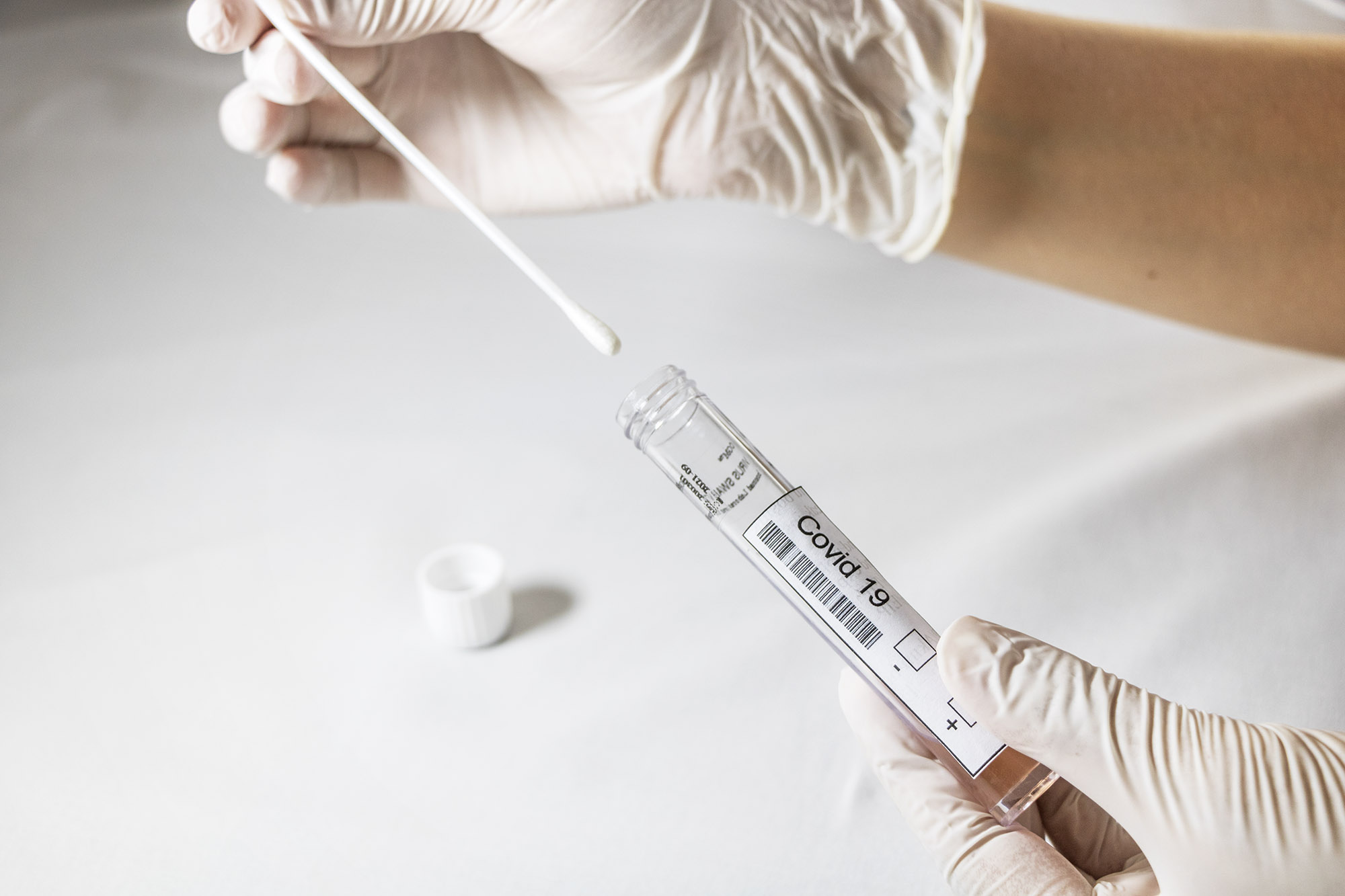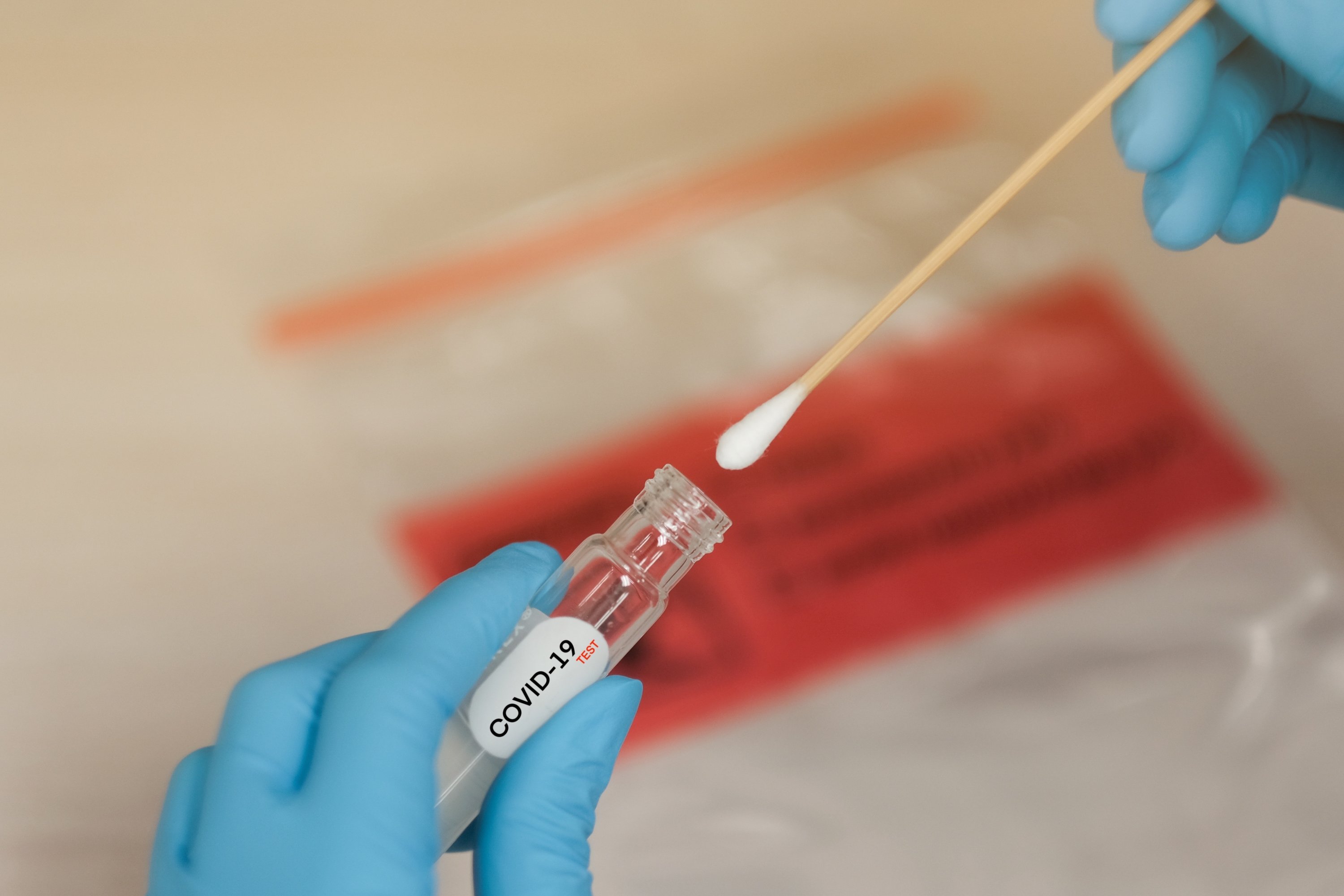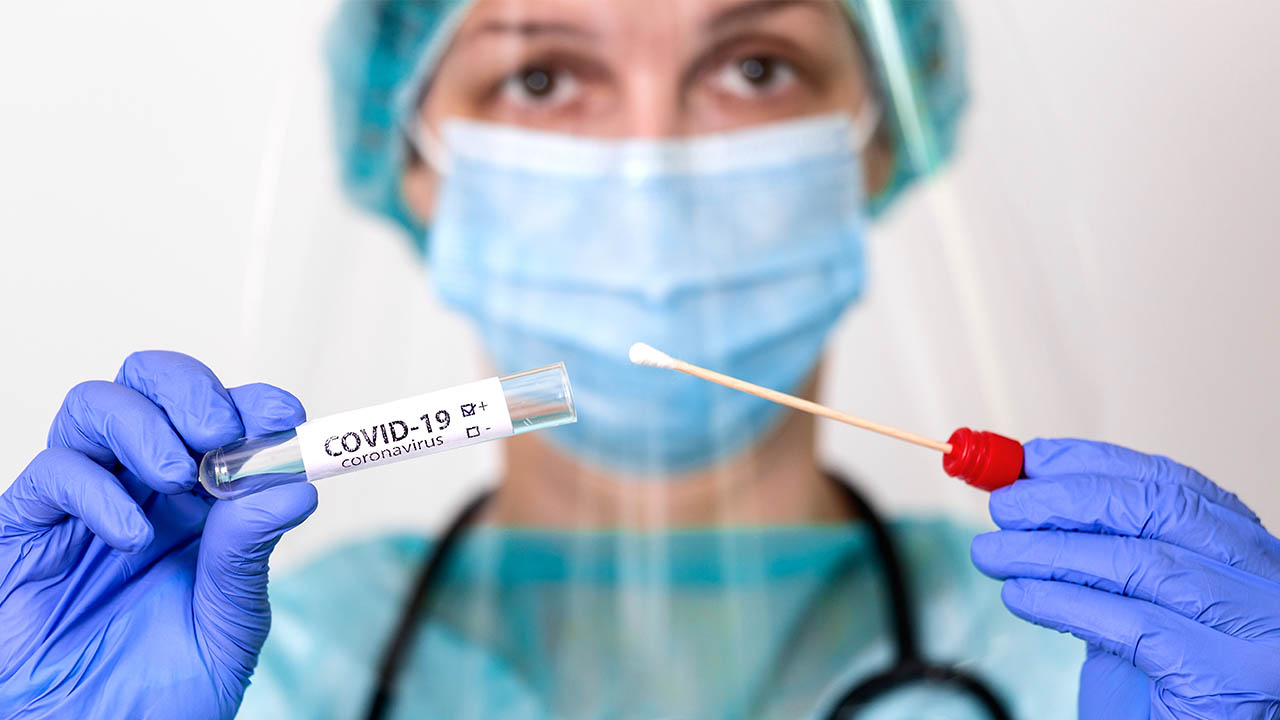The COVID-19 PCR diagnostic test is used to determine if a person has been infected with the SARS-CoV-2 virus, a common cause of coronavirus disease. The method uses a polymerase chain reaction (PCR) to detect genetic material from the virus. The patient’s nasal fluid sample is collected with a long nasal swab. The swab is placed in the back of the nose, in the middle of the turbinate, or the front.
The COVID-19 PCR diagnostic test is a type of RT-PCR, which uses a technique known as a polymerase chain reaction to detect genetic material from specific organisms. The PCR method detects virus fragments within minutes. However, this test is less sensitive than a PCR, which requires a laboratory analysis. If the PCR results come back negative, the healthcare provider may request the antigen test as a further precaution.

Is COVID-19 PCR Test a Rapid Diagnostic Test?
RNA-based tests, which detect bits of the virus on the body’s surface, are also available. PCR is a more reliable method of detecting COVID-19 infection, as it can determine whether or not a patient has the virus. These tests are more time-consuming than an antigen test, but they are accurate when taken a few days after symptoms develop.
The COVID-19 PCR test is a rapid diagnostic test that analyzes samples of respiratory material for genetic material. It searches for the SARS-CoV-2 virus in small amounts. Using PCR technology, scientists amplify RNA and DNA until they detect SARS-CoV-2. The PCR is the gold standard for diagnosing COVID-19, and it is one of the most accurate and reliable.
Genetic Material Based Test
A COVID-19 PCR is a genetic material-based test for the presence of the virus in the respiratory system. It can detect the fragments of the virus and detect the presence of a COVID virus. PCR is a rapid diagnostic test, which means it is not sensitive enough to detect the COVID virus. A negative result will result in the diagnosis of the virus.
PCR tests are based on a genetic material-based technique. The resulting DNA sequences are analyzed for the presence of the virus fragments. The DNA PCR test is an accurate method of detecting the virus. The COVID-19 PCR is used for diagnosing this virus in people who have suffered from the disease. It is also used to determine the presence of the virus in pregnant women and newborn babies.
Detect Viral Fragments
PCR tests use a DNA strand to detect viral fragments in the patient’s nasal and throat samples. It is used to detect the COVID virus in the respiratory tract. The PCR then analyzes the RNA fragments to confirm the presence of the virus. The COVID PCR is accurate and reliable. It is a simple test, so it is useful to know the HIV status of your loved ones.
COVID 19 is a virus that causes respiratory illnesses and is present in most people. The virus is a common source of infection and can affect people of any age. In most cases, the symptoms of COVID infection are caused by a bacterial infection in the nose. PCR can analyze the bacterial strands, but the specific virus remains unclear.

The COVID-19 PCR diagnostic test is a highly accurate and fast method to detect the virus. If you have COVID, you should see your healthcare provider immediately. They will examine your symptoms and order a COVID-19 PCR for further analysis. PCR is the fastest way to identify the virus. It is highly sensitive but does not have the same as the antigen test.
Final Thoughts
The rt-PCR is an important tool for detecting COVID-19 in the respiratory and gastrointestinal tracts. Using an rt-PCR kit, a sample from the back of the nasal cavity can be used to identify COVID-19. Similarly, an rt-PCR test can be performed in-office by a healthcare provider, while an at-home collection kit can be used to collect COVID-19 DNA from a patient.
I’m Camile Bell, one of the Canada’s most experienced online marketing consultant. I’m an acknowledged online marketer and have helped hundreds of businesses. I worked on alot of categories like healthcare etc which are very helpful for you.
